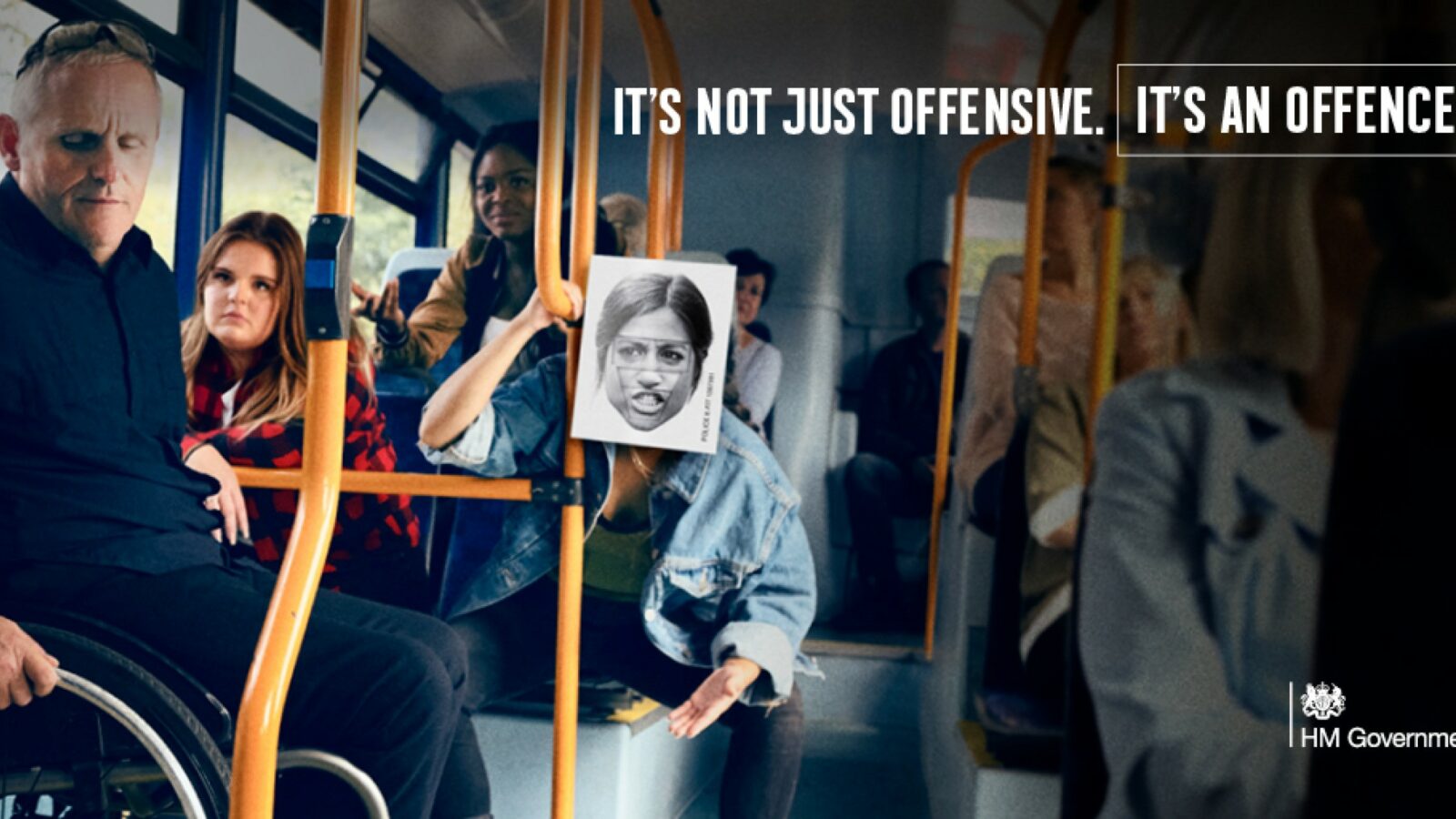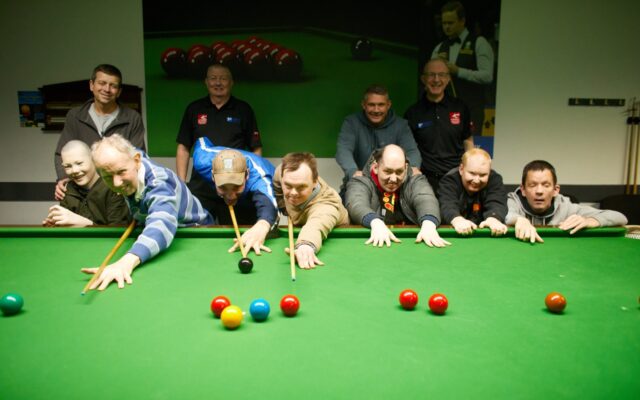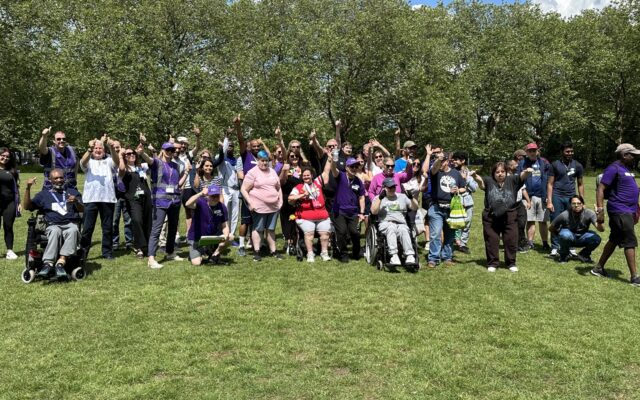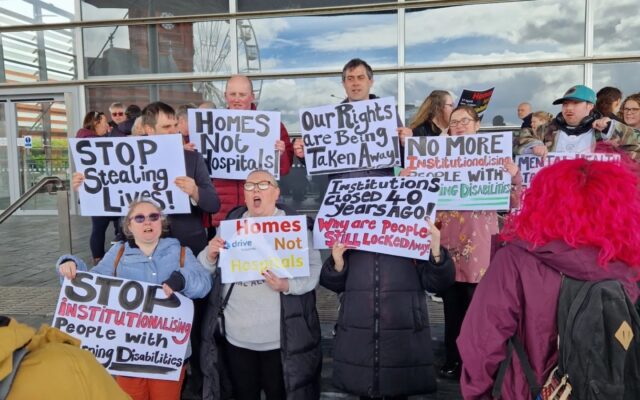It is hard to believe that up to 73% of people with a learning disability and/or autism will have experienced some form of hostility, prejudice or abuse at some point in their life (Dimensions, 2006). In the worst cases, some will experience serious verbal abuse, malicious communication, physical and/or sexual assault, financial abuse or emotional manipulation. These serious incidents are types of criminal behaviour that are punishable by law and constitute a hate crime.
Less serious negative behaviour towards a disabled person such as name calling, mocking and belittling is classed as a non-crime hate incident and, sadly, is a common experience for adults and children with a learning disability and/or autism. Disability hate crime is one of the most exploitative types of criminal activity and remains one of the most under reported.
Since 2007, a common definition of hate crime has been agreed and is used by the criminal justice agencies involved. This is “any criminal offence which is perceived, by the victim or any other person, to be motivated by hostility or prejudice towards someone based on a personal characteristic”, such as disability, sexual orientation, transgender identity, race and ethnicity, religion or beliefs (Home Office, 2019).
The shared definition has been a useful way of analysing a specific incident or crime and applying a hate crime “uplift”, which means that additional penalties or longer sentences are meted out by courts to those who are convicted of the offence. This shows how seriously the criminal justice system is taking hate crime. The definition has been adopted by all sorts of organisations operating in the public and voluntary sectors, and helps with the collaborative work carried out to tackle it.
Disability Equality NW, based in Lancashire, is a disabled people’s organisation working to challenge disability hate crime. A registered charity, it has been involved in developing hate crime strategies and services, campaigns and awareness training with and for disabled people, local authorities and the criminal justice system for the past 15 years.
Unscrupulous individuals target people with a learning disability and pretend to be a friend. Their intention is to exploit them for financial gain.
Chief executive Melanie Close says: “We are a rights-based organisation and the social model of disability underpins everything we do.
“Our starting point is that disabled people have the same rights to safety, freedom and justice as anyone else in society. We strive to remove the physical and attitudinal barriers that hinder and negatively affect disabled people. “Disability hate crime has no place in a so-called civilised society and we will do everything possible to address it – perpetrators be warned.
Support to report
The charity has had a dedicated disability hate crime service since 2014 and became one of the first accredited third-party reporting centres in Lancashire in 2016. Third-party reporting centres are a lifeline for disabled people who may be vulnerable to hostility and hate incidents. The centres are usually based in the community and are an accessible, trusted source of support for victims or potential victims.
They provide a welcome alternative to reporting hate crime to the police and are the first to provide support to victims. They are effective, as the police train all front-facing staff and volunteers to identify and report hate crime. As hate crime services manager, I see it as crucial that all our staff and volunteers are able to respond to victims of disability hate crime.
We have accessible information and support services and a wealth of experience in peer support. The majority of staff and all our volunteers are people with disabilities. It is powerful and healing for disabled people to be able to support each other through traumatic experiences. The project has dealt with more than 500 disability hate crimes and incidents, which have varied in frequency and severity. These can range from name-calling to serious physical assault, and from damaging personal property to serious financial exploitation.
The incidents occur on a spectrum of seriousness in the way they are dealt with by the police. Regardless of this, the impacts on the victims are devastating because they are being targeted for who they are – for a characteristic that they cannot nor should not want to change.
When ‘friends’ are foes
Adults with a learning disability who are living independently or with minimal support are particularly vulnerable to a phenomenon known as “mate crime” This is particularly nasty as it manifests as a complete betrayal of trust. Unscrupulous individuals target people with a learning disability in the community and pretend to be their friend. They can be neighbours, carers or family members and their intention is to exploit their victim for financial gain.
Of course, people with a learning disability want friends and relationships – why wouldn’t they? What begins with acts of kindness and camaraderie can quickly deteriorate. It may start with spending fun times together and socialising but it then moves on to getting the unsuspecting victim to give or loan small amounts of money and not paying this back, while trying to confuse the victim.
In the worst cases, criminals take over the homes of vulnerable people and use them for illegal purposes such as storing stolen goods or drug dealing. This is known as “cuckooing”. People with a learning disability have sometimes become too afraid to go home, and have become homeless or found begging on the streets.
While cuckooing is relatively rare, it does happen and people with a learning disability and/or autism are vulnerable even in their own neighbourhood or networks. This is even more so in times of extreme hardship and austerity when they are seen as easy targets.
Attitudes persist
The pandemic has also exposed some worrying attitudes; many disabled people are reporting humiliating experiences and misunderstanding around the mandatory use of face coverings and exemptions, particularly if an impairment is not immediately apparent.
It can sometimes feel like there is still such a long way to go but, by raising awareness, promoting zero tolerance of any form of hate and empowering disabled people, we are more than halfway there.
The campaigns and messages from Disability Equality are clear: please don’t be a bystander and, if it doesn’t look right, if it doesn’t feel right, report it.
http://disability-equality.org.uk/
Jennifer Carthy is hate crime services manager for Disability Equality NW
Refs
Dimensions (2006) Say No More Autism and Learning Disability Hate crime – #ImWithSam. https://tinyurl.com/ycdrvj68
Home Office (2019) Hate Crime England and Wales 2018-19. https://tinyurl.com/y2kzjorn





